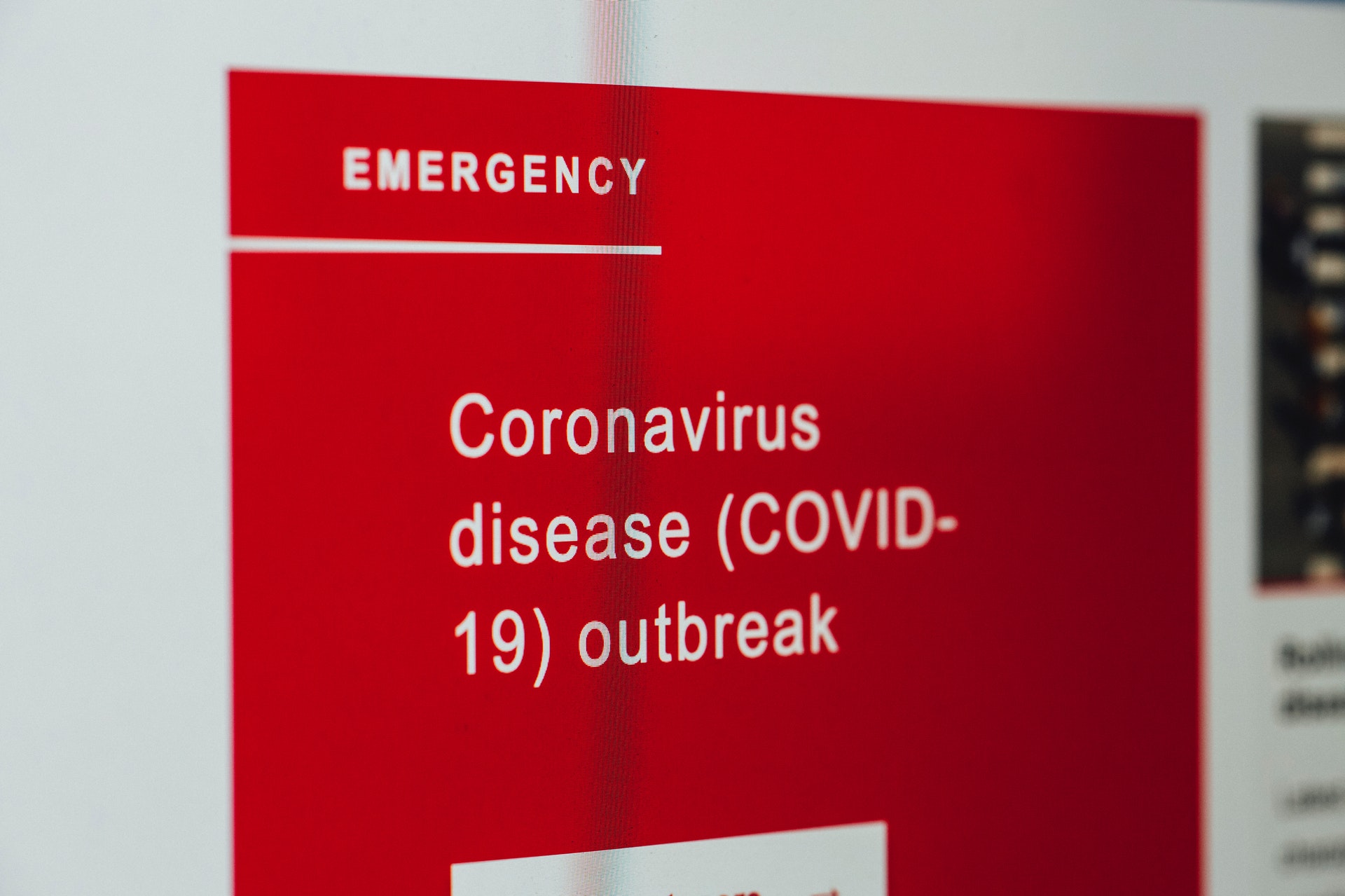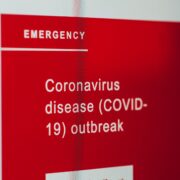
Most Covid-19 metrics trend downward as deaths continue to slightly increase across LA County
Though California continues to be a leader in vaccinations per capita, state officials continue to express concern over the omicron variant and urge to the public to maintain public safety standards and to get vaccinated against the coronavirus.
In Los Angeles County — which will host the Super Bowl in SoFi Stadium on Sunday, Feb. 13 — numbers continue to trend downward but as history has shown, those trends risk going upwards following major public events like the Super Bowl.
On Tuesday, Feb. 1, LA County reported 8,786 new positive cases, with an average of 18,617 daily cases — a representation of a 38% decrease from the 29,978 daily cases reported last week. Hospitalizations also declined by 24% from last week.
However, deaths due to coronavirus continue to trend upward due to a lag in the hospitalization reports. On Tuesday, the county confirmed 37 deaths due to COVID-19, a 7% increase of 7 day average daily deaths from the previous week, prompting the county to continue to encourage residents to be mindful of activities and behaviors that could put people at risk.
“For residents who are at high risk, including those older, immunocompromised or with underlying health conditions, gatherings can be especially risky given the still high rates of transmission,” said LA County Public Health Director Dr. Barbara Ferrer in a statement.
According to Ferrer, all attendees of the Superbowl will receive KN95 masks to wear inside SoFi Stadium. Ferrer also urges patrons to keep masks on when not eating or drinking, whether they’re at the game or watching the game in public spaces like bars, restaurants, and lounges.
LA County steady improvement from the beginning of the omicron surge in early December mirrors that of California’s metrics as a whole. On Tuesday, the California Department of Public Health reported that the state’s daily case rate is down 39%, or 180 positive cases per 100,000 residents — a significant drop from the 295 per 100,000 residents reported two weeks ago.
Currently, California still leads in the most vaccine doses administered per capita with more than 69 million doses given and 27.3 million people fully vaccinated, making 69.1% of the state fully vaccinated. But the state is still ramping efforts to encourage more people to get vaccinated if they’re eligible.
According to Dr. Erica Pan, California’s state epidemiologist and deputy director of the Center for Infectious Diseases said that while those who have been vaccinated and boosted still risk getting sick from new variants, the severity of illness will remain low compared to those who are not vaccinated and/or boosted.
“The risks of hospitalization and death remain high for unvaccinated individuals, so the most important thing we need to continue to do is [to] get vaccinated and get boosted,” said Pan at a news briefing on Jan. 20. “All three available COVID-19 vaccines continue to be highly effective at preventing severe illness, hospitalization and death.”
“Even if you had previously had COVID-19, you should still get vaccinated, especially considering highly contagious variants impacting our communities,” Pan said. “Immunity acquired from a previous infection of COVID-19 is strong but often variable from person to person and antibodies developed from a previous infection are also temporary, with immunity declining over time.”
Pan added that immunity protection in the form of vaccination is broad and provides a strong shield “against the virus and variants.” However, the state’s lead epidemiologist reminds the public that vaccination doesn’t eliminate the need for public safety precautions, like wearing a face mask or social distancing as much as possible.
As the scientific community at large has said previously throughout the pandemic, Pan said that vaccines may not be 100% effective in the regard that it doesn’t prevent people from ever catching COVID-19 and its variants, but that they are “extremely effective” against the more severe effects of the virus.
“The more vaccinations get into the arms of eligible Californians, the more we prevent the spread and shrink the pool of people vulnerable to COVID-19,” she said. “The science and data – now inclusive of younger children – continue to speak loud and clear: These free, safe vaccines will help kids fend off the worst outcomes of this highly contagious virus.” (Klarize Medenilla/AJPress)







